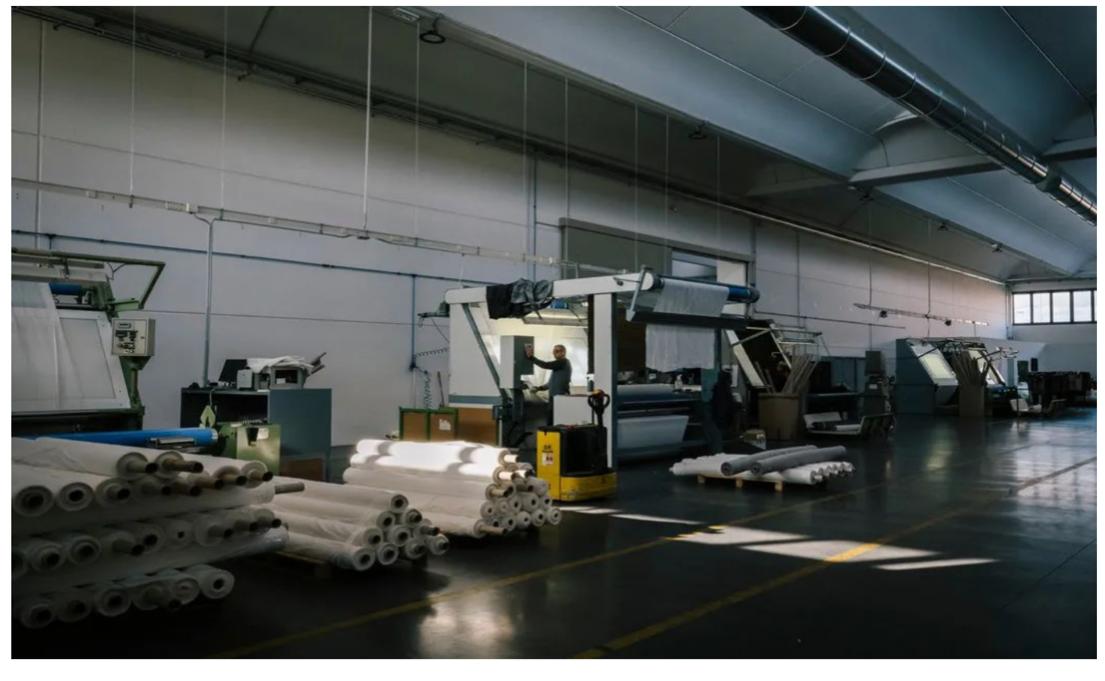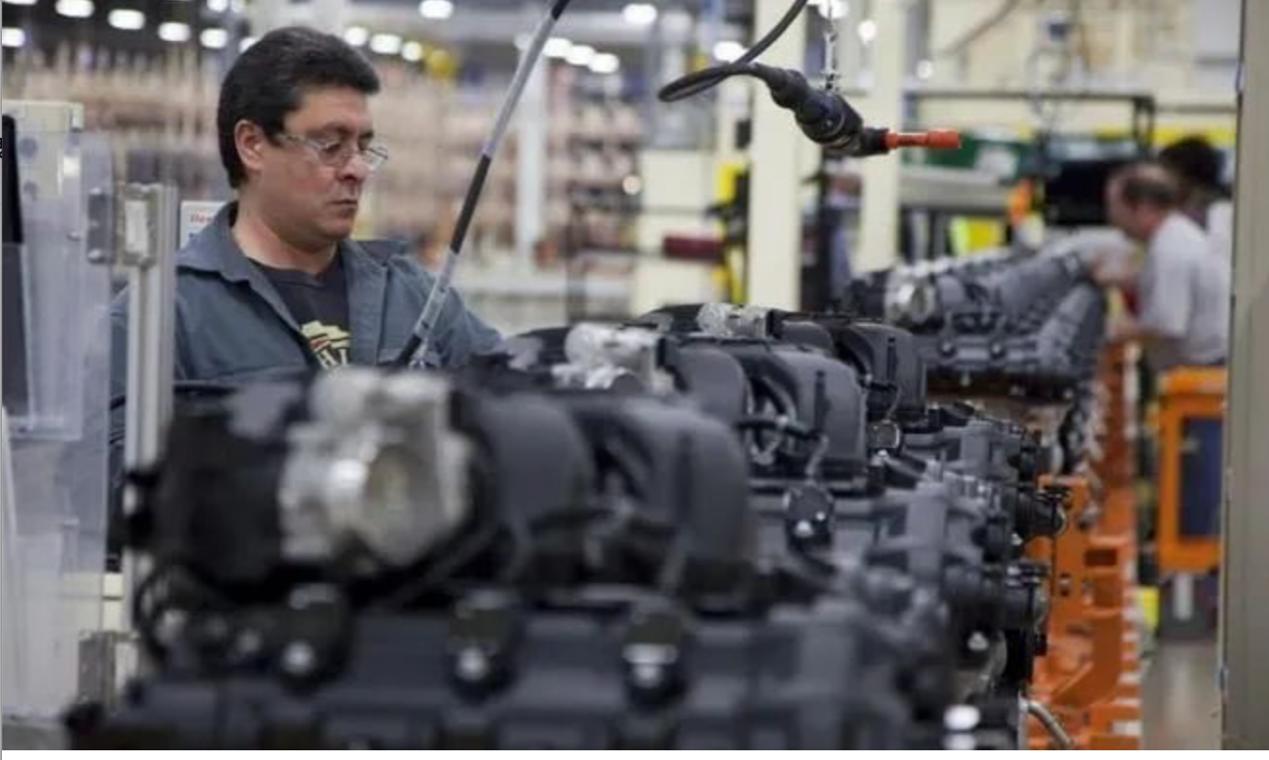
European carmakers are gradually shifting production lines
A report released by Standard & Poor's Global Mobility, an auto industry research institute, shows that the European energy crisis has put the European auto industry under enormous pressure on energy costs, and the restrictions on energy use before the onset of winter may lead to the shutdown of auto factories.
The agency researchers said that the entire automotive industry supply chain, especially the pressing and welding of metal structures, requires a lot of energy.
Due to sharply higher energy prices and government restrictions on energy use ahead of winter, European automakers are expected to produce a minimum of 2.75 million vehicles per quarter from between 4 million and 4.5 million from the fourth quarter of this year to next year. Quarterly production is expected to be cut by 30%-40%.
Therefore, European companies have relocated their production lines, and one of the important destinations for relocation is the United States. The Volkswagen Group has launched a battery lab at its plant in Tennessee, and the company will invest a total of $7.1 billion in North America by 2027.
Mercedes-Benz opened a new battery plant in Alabama in March. BMW announced a new round of electric vehicle investments in South Carolina in October.
Industry insiders believe that high energy costs have forced energy-intensive companies in many European countries to reduce or suspend production, making Europe face the challenge of "de-industrialization". If the problem is not resolved for a long time, the European industrial structure may be permanently changed.

European manufacturing crisis highlights
Due to the continuous relocation of enterprises, the deficit in Europe continued to expand, and the latest trade and manufacturing results announced by various countries were unsatisfactory.
According to the latest data released by Eurostat, the export value of goods in the euro zone in August was estimated for the first time at 231.1 billion euros, an increase of 24% year-on-year; the import value in August was 282.1 billion euros, an increase of 53.6% year-on-year; the unseasonably adjusted trade deficit was 50.9 billion euros ; The seasonally adjusted trade deficit was 47.3 billion euros, the largest since records began in 1999.
According to data from S&P Global, the initial value of the euro zone's manufacturing PMI in September was 48.5, a 27-month low; the initial composite PMI fell to 48.2, a 20-month low, and stayed below the line of prosperity and decline for three consecutive months.
The initial value of the UK composite PMI in September was 48.4, which was lower than expected; the consumer confidence index in September fell by 5 percentage points to -49, the lowest value since records began in 1974.
The latest data released by French customs showed that the trade deficit widened to 15.3 billion euros in August from 14.5 billion euros in July, higher than expectations of 14.83 billion euros and the largest trade deficit since records began in January 1997.
According to data from the German Federal Statistical Office, after working days and seasonal adjustments, German merchandise exports and imports rose by 1.6% and 3.4% month-on-month respectively in August; German merchandise exports and imports in August rose by 18.1% and 33.3% year-on-year, respectively. .
German Deputy Chancellor Harbeck said: "The US government is currently investing in a very large package to combat climate change, but this package should not destroy us, the equal partnership between the two economies of Europe and the United States. So we The threat is seen here. Companies and businesses are turning from Europe to the US for huge subsidies.”
At the same time, it is emphasized that Europe is currently discussing the response to the current situation. Despite the poor development, Europe and the US are partners and will not engage in a trade war.
Experts pointed out that the European economy and foreign trade have been hurt the most in the Ukraine crisis, and given that the European energy crisis is not expected to be resolved quickly, the relocation of European manufacturing, continued economic weakness or even recession and continued European trade deficit are high-probability events in the future.
Post time: Nov-04-2022






